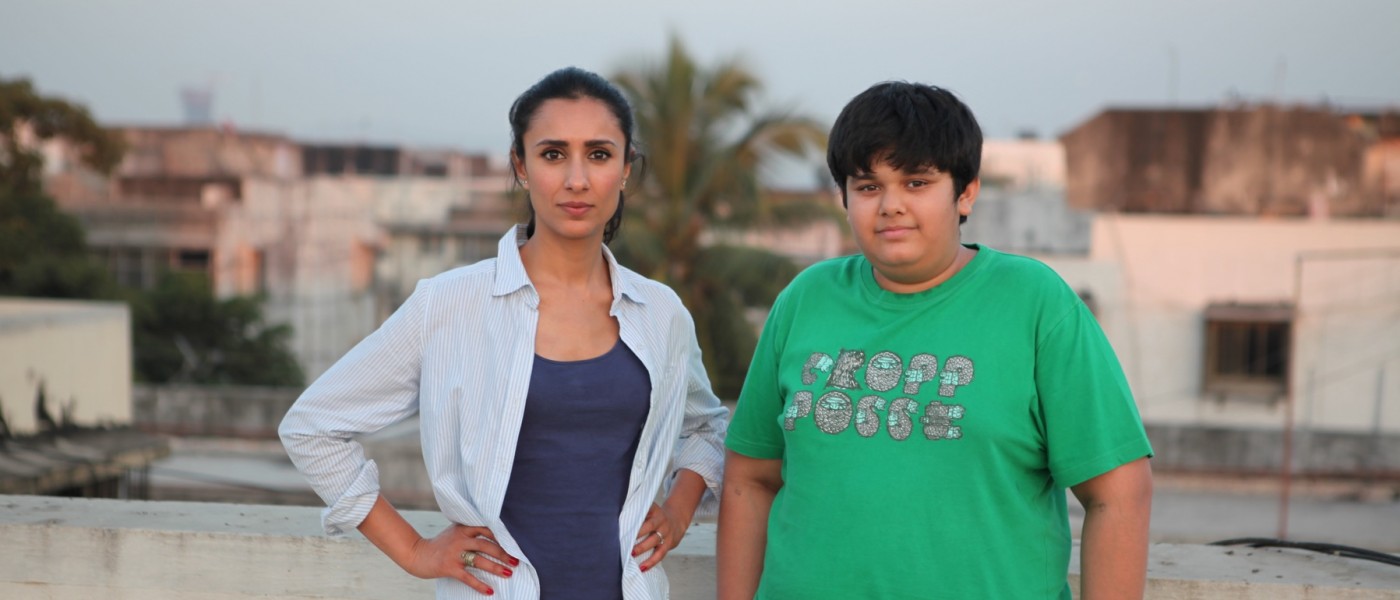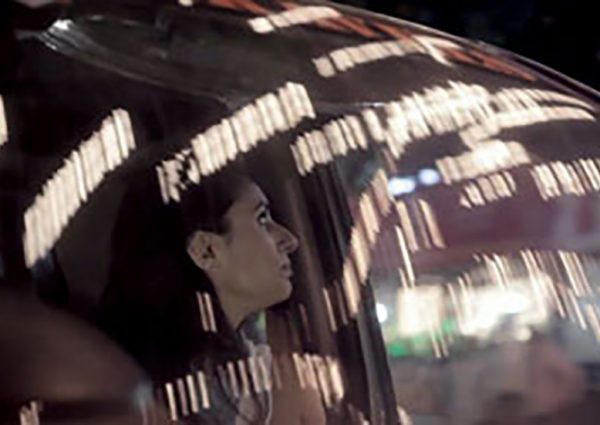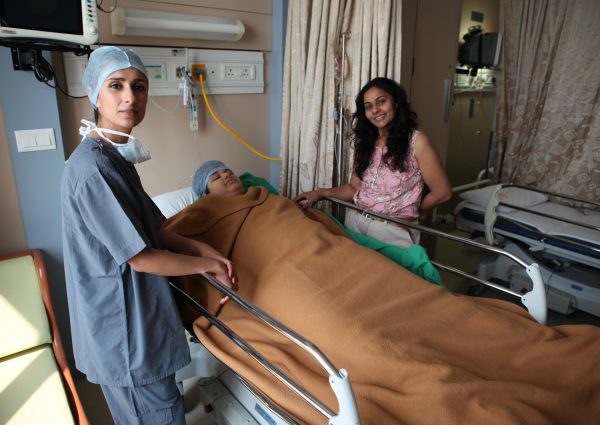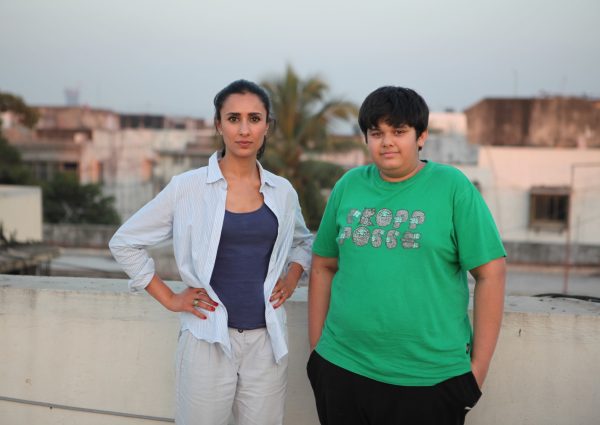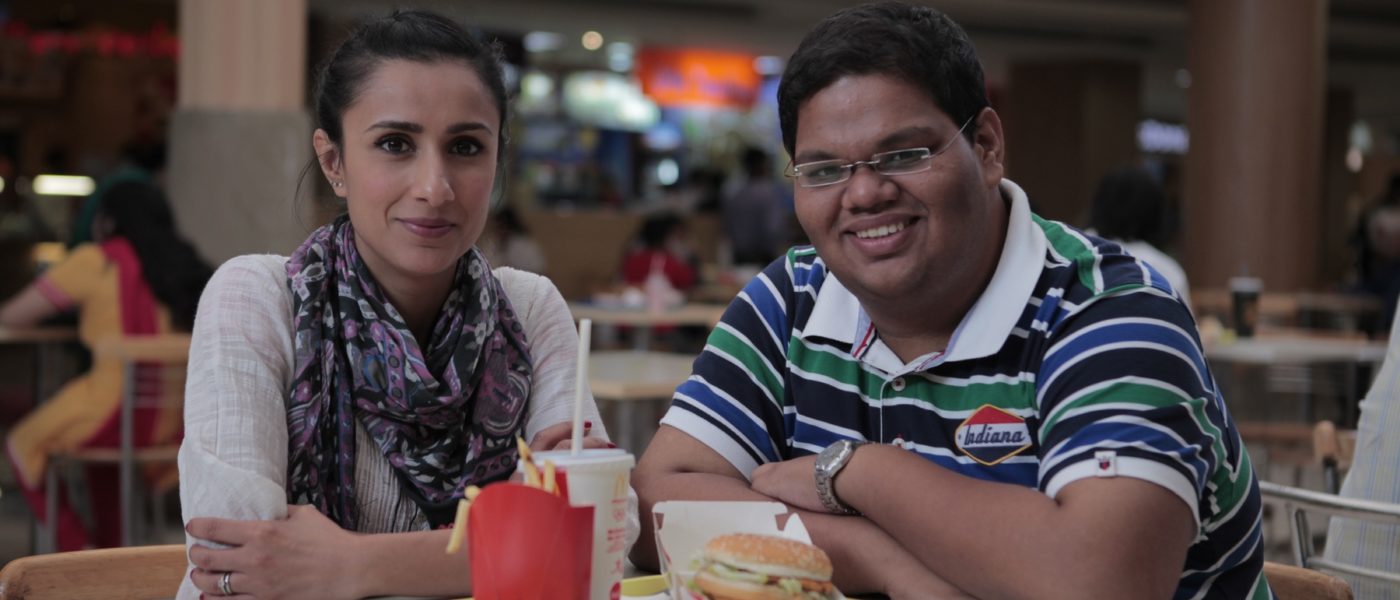India’s Supersize Kids
BBC2
“Good documentaries show us our own lives, reflected in unexpected ways . .
This wasn’t so much tail-end telly, as a kick-up-the-backside documentary.
Let’s have more” – Daily Mail
Reviews
India’s Supersize Kids (BBC2) was a surprise-and-a-half. Watchdog journalist Anita Rani travelled to Mumbai, to investigate why a generation of middle-class Indian youngsters are growing up obese.Unpromising material, but good documentaries show us our own lives, reflected in unexpected ways, and Rani did just that. The arrival of Western fast food such as burgers and fried chicken has sparked an obesity crisis among millions of newly-wealthy families, in a culture where chubbiness is a swanky status symbol just as much as a Mercedes.
We’ve seen in happen in America since the war, and in Britain since the Eighties – suddenly, obesity is ordinary. The difference in India is that it has arrived almost overnight. Mumbai teens are ballooning up like puffer fish.
Kaleb, 13, was putting on 10lb a month. He was so miserable he had already attempted suicide, and his mother was willing to try almost anything except deprive him of food. ‘He’s just a child, how can you curb a child?’ she begged.
It’s not very different to the way many middle-class British families treat their teens. Millions of young people have fistfuls of cash to spend on fast food, and no adult supervision over their diet.
Rani stood in an operating theatre and watched without flinching as Kaleb had a gastric band fitted. The tough approach worked: he lost 5lb in a week.
This wasn’t so much tail-end telly, as a kick-up-the-backside documentary. Let’s have more.
India’s economic boom has prompted a drastic change of lifestyle causing millions of Indians to become morbidly obese. One in three Indians living in the cities now has a weight problem in a country which already has the largest diabetic population in the world. The previous generation dined out sparingly, and children would walk or cycle to school with a packed lunch. Now Western-style junk food is everywhere; games are played on computers not in the playground, and the emphasis on academic achievement has created a more sedentary lifestyle. In this powerful film, Anita Rani reports on the human cost of an obesity epidemic that is being ignored by the Government.
Anita Rani explores how India’s growing wealth is spurring obesity and diabetes crises, with children particularly affected. “The kids are experiencing a lifestyle revolution,” she says, as they are increasingly exposed to junk food and sedentary habits. Rani finds a deregulated fast-food industry, a middle class seduced by western culture, and Indian bodies that haven’t adapted to high-calorie foods. In all, it makes for a thought-provoking portrait of a country in transition, one now experiencing the downside of prosperity.
Once past the initial surprise that much of Indian’s adolescent urban population is morbidly obese, there’s little to Anita Rani’s film that is new or unexpected. It’s a sad, familiar story of a booming economy bringing the desire for a western lifestyle, complete with youth-targeted fast food outlets, sedentary living, and businesses keen to serve consumer demands at whatever cost. And at the heart of it all are the multinationals exploiting lax or non-existent advertising and food regulations, an uninformed target consumer market, and a lack of health education. So Kaleb, aged 13 and 110kg, is putting on five kilos a month, a young student who eats six McDonalds fish fillets per sitting has ballooned in a year from 126kg to 145kg, and diabetes, already a big problem in a country genetically disposed to the disease, is rampant. Rani juxtaposes personal stories and journeys with the views of medics, local businessmen and health educators, but nothing from the government, with whom the solution lies. Still, as she points out, regulation and education will only come when the problem becomes too large to be ignored, so all we can hope is that her film helps highlight it and bring about that solution sooner rather than later.

